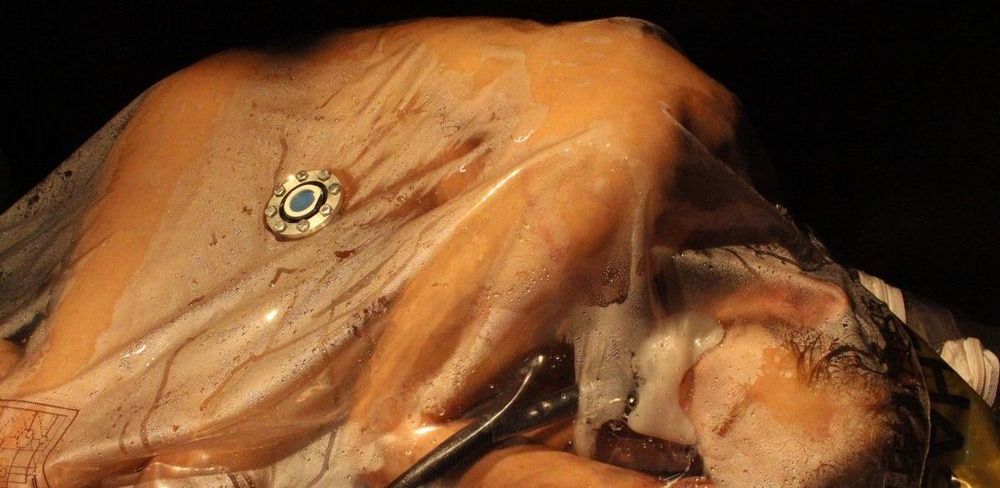The field of robotics took one step forward—followed by another, then several more—when a robot called Rainbow Dash recently taught itself to walk. The four-legged machine only required a few hours to learn to walk backward and forward, and turn right and left while doing so.
Researchers from Google, UC Berkeley and the Georgia Institute of Technology published a paper on the ArXiv preprint server describing a statistical AI technique known as deep reinforcement learning they used to produce this accomplishment, which is significant for several reasons.
Most reinforcement learning deployments take place in computer-simulated environments. Rainbow Dash, however, used this technology to learn to walk in an actual physical environment.






